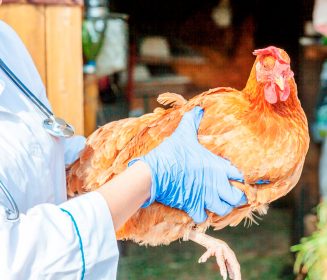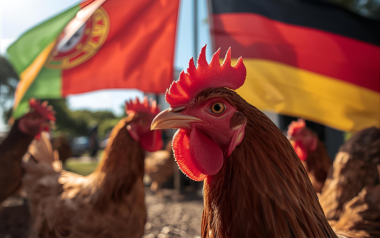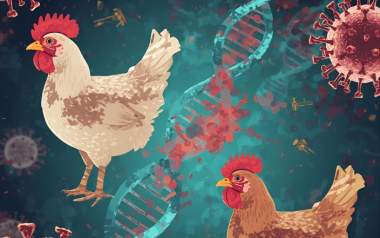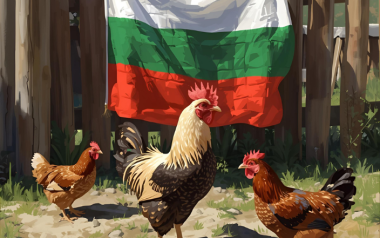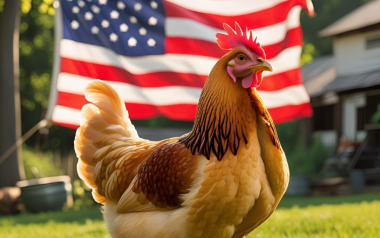Sources: Available upon request
14 Feb 2025
UK sacrifices 1.8 million birds due to Avian Influenza
In a significant move to combat the spread of avian influenza, the United Kingdom has culled nearly 1.8 million farmed and captive birds over the past three months. This drastic measure was taken to protect the nation’s food security and prevent further outbreaks of the highly pathogenic virus.
In a significant move to combat the spread of avian influenza, the United Kingdom has culled nearly 1.8 million farmed and captive birds over the past three months. This drastic measure was taken to protect the nation’s food security and prevent further outbreaks of the highly pathogenic virus.
Avian influenza, commonly known as bird flu, is an infectious type of influenza that spreads among birds. In rare cases, it can affect humans, although the risk remains low. The virus can be transmitted to humans through close contact with infected birds, their droppings, or bedding. Symptoms in humans can range from mild respiratory issues to severe complications such as pneumonia.
The UK government has reported 33 confirmed outbreaks of the virus on farms since November 2024. In response, strict biosecurity measures have been implemented across England, Wales, and Scotland. These measures include mandatory housing orders for all kept birds in several counties, such as Herefordshire, Worcestershire, Cheshire, Merseyside, and Lancashire.
The Department for Environment, Food and Rural Affairs (Defra) has emphasized the importance of these measures in protecting Britain’s food supply. A spokeswoman for Defra stated that the 1.78 million birds culled represent a small proportion of the industry’s total production, which is about 20 million birds per week. Despite this, the emotional and financial impact on farmers has been significant. Many have expressed concerns about the mental health toll of culling large numbers of birds and the potential for future outbreaks.
The government has acted swiftly to cull all poultry on infected premises to prevent the virus from spreading further. This approach aims to minimize the risk to both the poultry industry and the general public. The NHS has reassured the public that properly cooked poultry and eggs are safe to eat, even in areas with bird flu outbreaks.
Biosecurity restrictions are currently in place to ensure that the virus does not spread to other regions. These restrictions include enhanced hygiene practices and the isolation of infected flocks. The government continues to monitor the situation closely and is prepared to take further action if necessary.
In conclusion, the UK’s decision to cull 1.8 million birds highlights the severity of the avian influenza outbreak and the measures needed to control it. While the risk to humans remains low, the impact on the poultry industry and farmers is profound. Continued vigilance and strict biosecurity measures are essential to prevent future outbreaks and protect both public health and the nation’s food security.








